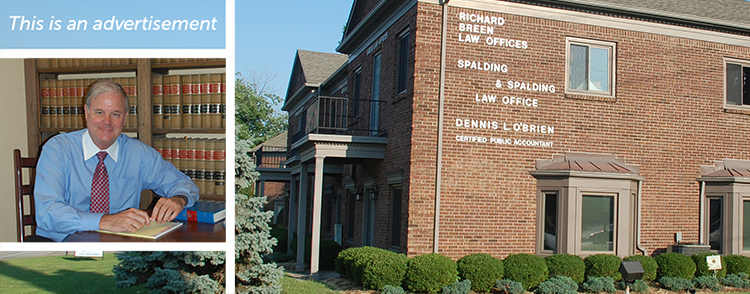For those in debt, life can be a nightmare. Not only can they feel stressed because of missed mortgage payments or overwhelming credit card debt, but they may also be pressured by harassment by debt collectors.
Many are embarrassed by their situation and, because of this, don’t say anything when a collection agency harasses them. What they don’t know is that this harassment is against the law.
The law gives you rights and protections, even if you’re in debt. You don’t have to take abuse just because you owe money. The Fair Debt Collection Practices Act of 1977 protects consumers from harassment and deception from collection agencies. (This law doesn’t apply to the creditors themselves, however.)
Knowing your rights can help you recognize and stop abusive collection tactics. According to the Federal Trade Commission, collection agencies:
- May only contact you between 8am. and 9pm., unless you give them permission to contact you at other hours. If you are receiving phone calls keeping you up at all hours of the night, this is abusive and can be stopped.
- May not contact you at work if they know that your employer does not approve.
- May not reveal your debt to your employer, co-workers, friends, and neighbors in order to “embarrass” you into paying. (A collector can, however, contact other people in order to obtain your phone number, home address, and employment.)
- Must—after contacting you for the first time—send you a written notice of how much you owe, the name of the creditor, and how you can dispute the debt. If you dispute the debt in writing within 30 days of receiving the notice, the collector must provide proof of the debt before they can continue trying to collect from you.
- Must contact your attorney, if you have one, rather than you.
- Are prohibited from harassing or threatening you, your family, or your employer.
- May not lie—such as falsely stating that you’ve committed a crime or misrepresenting how much you owe—or threaten action they have no intention of doing in order to get you to pay.
- Must STOP contacting you if you tell them in writing that you do not want them to continue contacting you. They are allowed to contact you once after receiving this notice from you to tell you what action they will be taking (such as wage garnishment, court action, or a lawsuit).
Collection agencies frequently use abusive tactics that violate the above provisions to coerce consumers into paying their debt. In 2010 alone, the Federal Trade Commission received 144,159 complaints against collection agencies. Under the law, you can sue abusive collection agencies and collect up to $1,000 in damages, attorney fees, and any lost wages or medical bills caused by the agency’s harassment.
If you are one of the thousands of Americans dealing with abusive collection agencies, don’t let any embarrassment stop you from getting relief. Tell the agency in writing that you do not wish to be contacted and consult with a bankruptcy attorney about your legal options.








Speak Your Mind